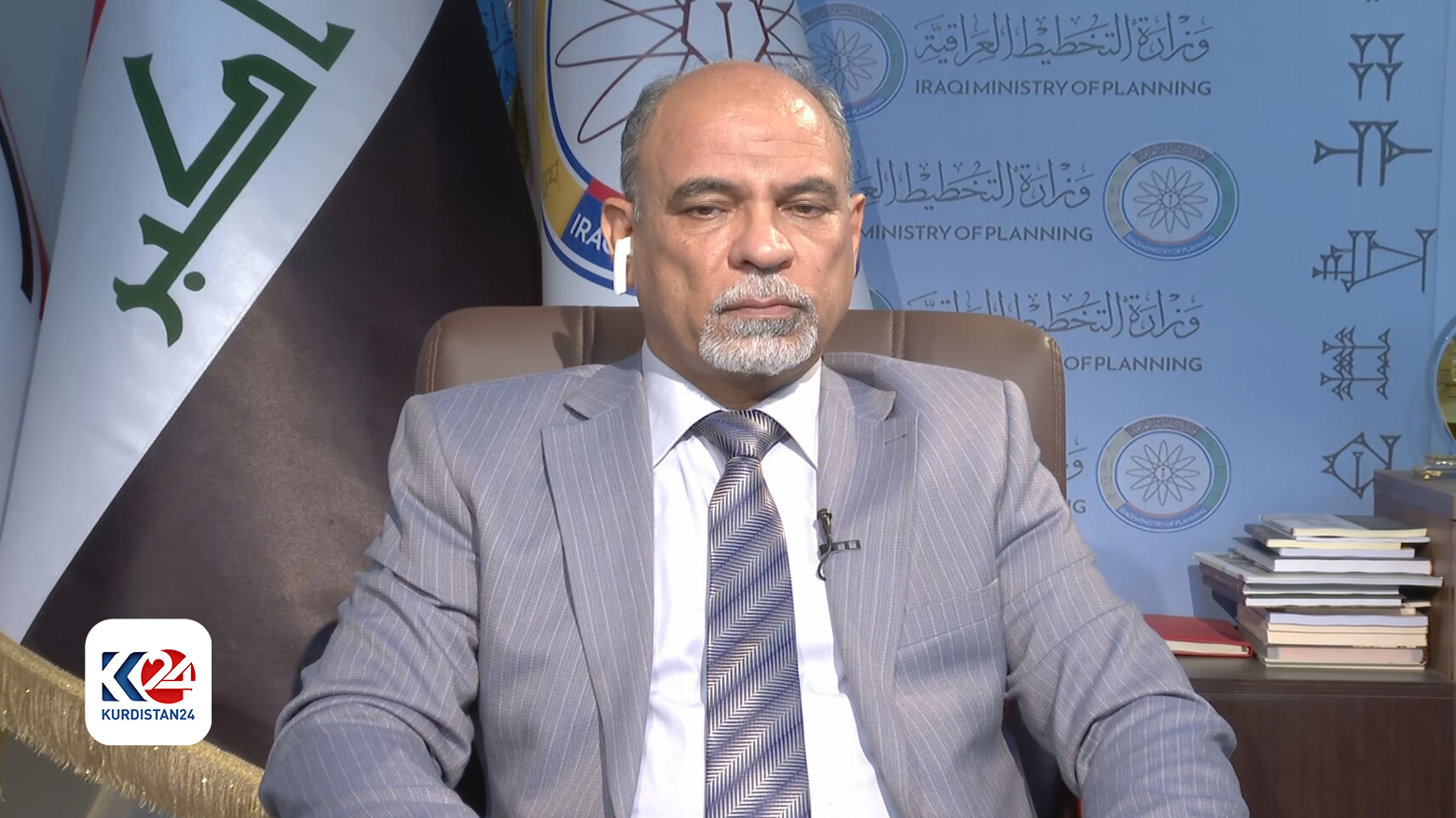Kirkuk census delay hinges on political, security accord, says Iraqi Planning Ministry
"While the Ministry of Planning has reached an agreement with all communities in Kirkuk to conduct the census, any postponement relates to the security and political aspects, which are beyond our purview," al-Hindawi stated.

ERBIL (Kurdistan24) – The postponement of the census in Kirkuk is contingent upon a political and security agreement, according to Abdul Zahra al-al-Hindawi, spokesperson for the Iraqi Ministry of Planning.
The Ministry, he asserted, is merely the implementing body and cannot make decisions regarding any delays.
"While the Ministry of Planning has reached an agreement with all communities in Kirkuk to conduct the census, any postponement relates to the security and political aspects, which are beyond our purview," al-Hindawi stated.
He highlighted Iraq's annual population growth of 1 million to 1.5 million people, estimating the current total population at 43 million. The census aims to capture accurate demographic data, including population density, age distribution, and gender ratios across various communities.
Al-Hindawi also lauded the positive developments in Iraq's service sector over the past few years, particularly in healthcare and education, despite the economic challenges and inflation that have pushed millions of Iraqis below the poverty line.
Meanwhile, Mohammed Kamal, head of the third branch of the Kurdistan Democratic Party (KDP) in Kirkuk, reiterated his call for postponing the census until Article 140 of the Iraqi Constitution is implemented.
Read More: KDP official urges Kirkuk census delay, implementation of Article140, return of displaced
He also urged displaced residents of Kirkuk to return to their homes and register for the census.
Kamal cited the case of Zartik village in Kirkuk province to highlight the issue of demographic changes.
He stated that while there were no Arab families in the village before 1988, now, 36 years later, 28 Arab families reside there, compared to only eight Kurdish families who have returned.